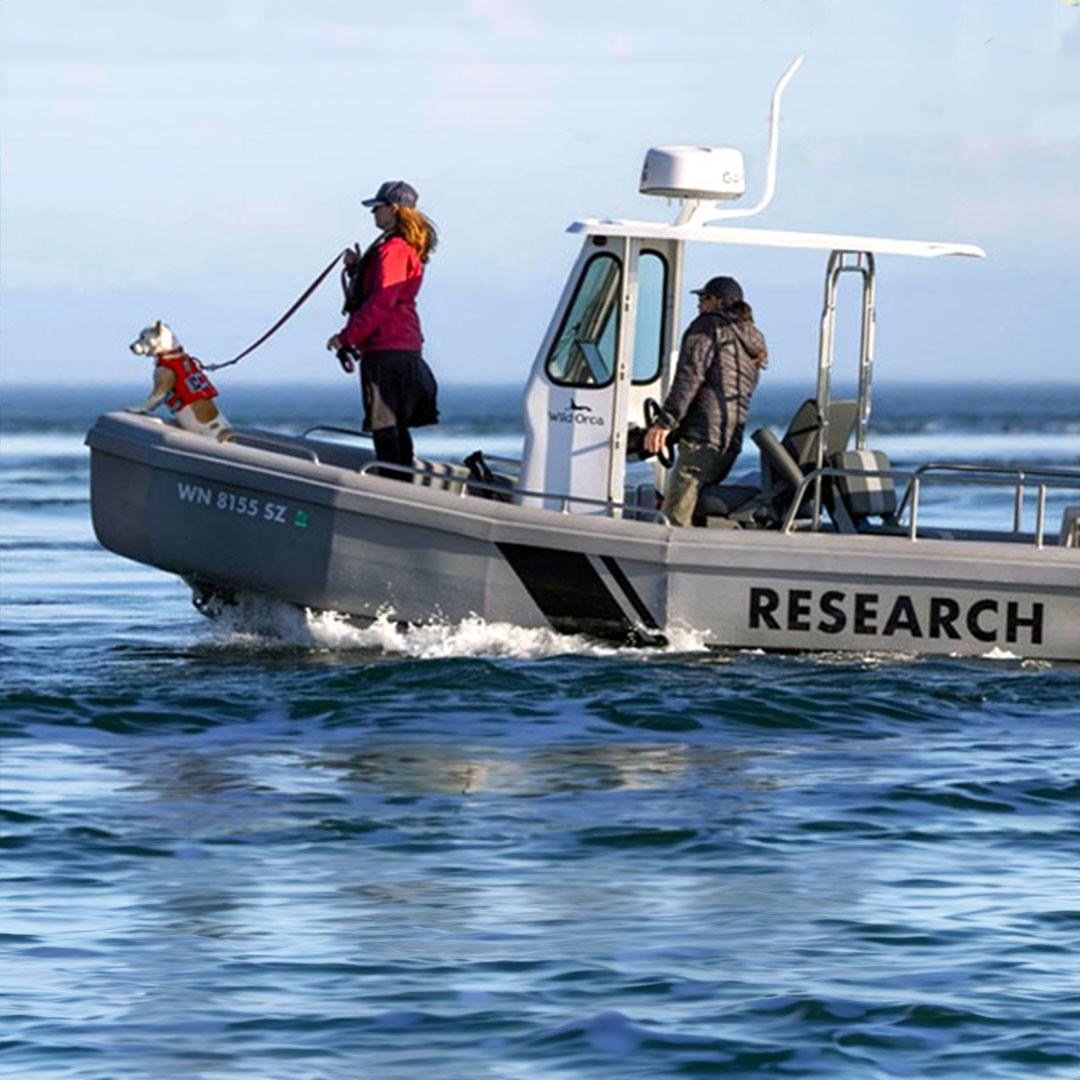
Event Details
When:
-
Location:
Online: Zoom
Price:
Free
Brought to you by:
Institute of Environmental Toxicology and Chemistry, The Foundation for WWU & Alumni
Description
Check out this video to watch the From Poop to Policy.
Despite being one of the eight most endangered species on the Endangered Species List and one of the most studied populations of animals on the planet, the Southern Resident killer whales continue to decline.
Wild Orca’s mission, to save the whales from extinction, is aided first by conducting on-the-water non-invasive research, collecting and analyzing fecal samples, and next, by putting the findings into the hands of the public and policymakers so that meaningful actions can be taken to reverse the declining trend in the population.
Dr. Giles will give an overview of Wild Orca’s Southern Resident Killer Whale Health Monitoring Program as well as a summary of collaborative research projects being conducted by some of the most respected names in wildlife conservation research that together, paint a near real-time picture of the health of endangered Southern Resident killer whales and provide timely data to the public and management agencies used to understand and address the causes of population decline.
More information about the speaker series is available, as are all past Toxicology and Societies recordings.
Tile image photo credit: Michael Hays, Wild Orca's Board President
Featuring:
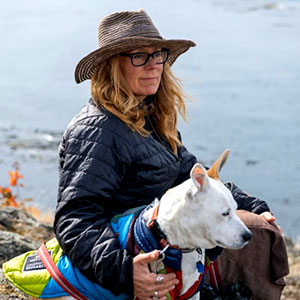
Dr. Deborah Giles, Speaker
Dr. Giles is the Science and Research Director at the non-profit Wild orca. She received her PhD from the University of California Davis in 2014 – her dissertation was focused on the federally listed Southern Resident killer whales. Giles is currently a resident scientist and lecturer at the University of Washington’s Friday Harbor Labs, where she teaches Marine Mammals of the Salish Sea and Marine Biology.
Between 2009-2021 Giles worked as the vessel captain for the University of Washington, utilizing a scat detection dog to locate floating killer whale scat to monitor the physiological health of southern resident killer whales. This killer whale health assessment program is now a program of the non-profit Wild Orca.
Giles is also a killer whale scientific adviser for the Orca Salmon Alliance, a program advisor for Killer Whale Tales, and she is the co-founder of the San Juan Island Naturalist Program.
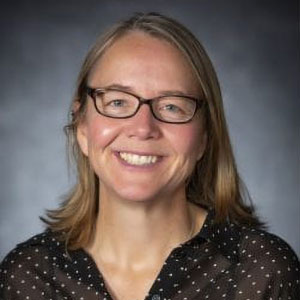
Ruth Sofield, Co-Host
Ruth Sofield is a Professor of environmental toxicology and chemistry in the College of the Environment. She received her PhD and MS in Environmental Science and Engineering at the Colorado School of Mines. Ruth's research group focuses on the effects of water and air pollution. Their current projects include the aquatic toxicity of microplastic and tire wear particles, and the use of moss as a biomonitoring tool for particulate matter. Ruth is a member of the Puget Sound Partnership Science Panel and the President of the Pacific Northwest Society of Environmental Toxicology and Chemistry.
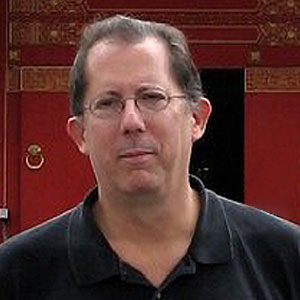
Tracy Collier, Co-Host
Tracy Collier received his PhD in Fisheries Sciences from the University of Washington. He has worked for over 45 years as a toxicologist, with more than 35 of those years spent at NOAA's Northwest Fisheries Science Center, where he served as the director of a science division that employed up to 100 people, covering several disciplines, including environmental toxicology, analytical chemistry, harmful algal blooms, and watershed processes. He has over 175 scientific publications, and currently is an affiliate faculty at Western.
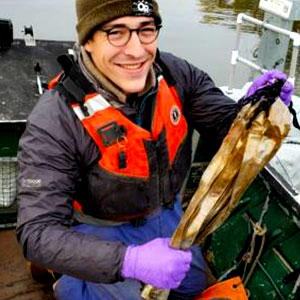
Ian Moran, Co-Host
Ian Moran is a newly appointed Visiting Assistant Professor in the Department of Environmental Sciences at Western Washington University. He conducted his PhD research at Oregon State University leveraging passive chemical samplers and embryonic zebrafish to investigate the occurrence, movement and toxicity of chemical mixtures at contaminated sites in Oregon and Alaska. As an alumnus of the College of the Environment Ian is excited to be back on campus to teach toxicology courses this year!
Accommodations and Other Details
Contact The Foundation for WWU & Alumni for this event by calling (360) 650-3353 or emailing Alumni@wwu.edu.
There will be auto-captions available for this event.